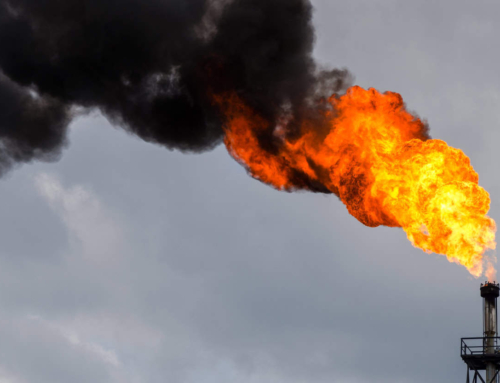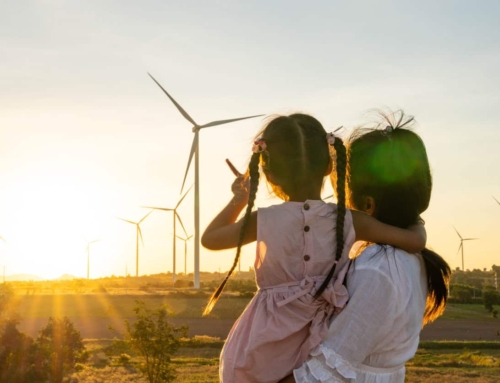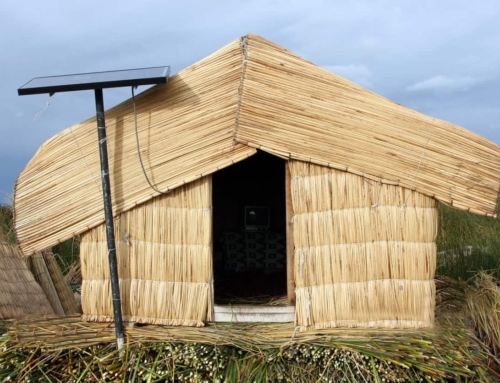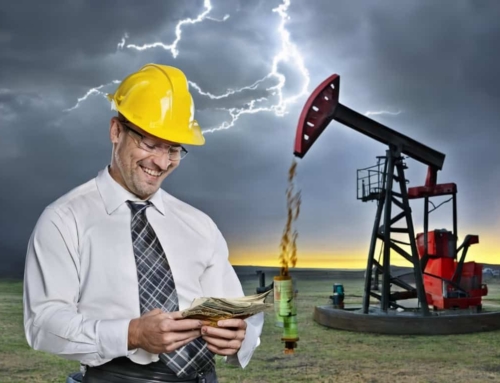I have a friend who grew up in rural Minnesota. His favorite expression is, “You can’t put a duck bill on a beaver and call it a platypus.” This aphorism pretty much sums up urban thinking about rural America. We try to make it something it isn’t, and then call it by a different name or make fun of it. Climate advocates can also make this strategic error by ignoring rural communities. There are three reasons why this is a mistake.
The first is that rural American will continue to face the brunt of the climate crisis. A report by Risky Business and Bloomberg shows the rural Midwest as ground zero for the impact of climate. A report in Nature indicates corn yields are expected to drop by 49% by the end of the century, soy beans by 40% and wheat by 22% due to excessive heat. This doesn’t include the billions in losses due to drought or flooding. Just ask the people of Nebraska about last spring’s floods. It also doesn’t include the loss of $2B in peach crops in Georgia due to warmer springs or the hurricane damage due to increased intensity of storms, or increased forest fires in California.
The second reason is that rural America will also be at the forefront of some of the most important solutions to the climate crisis. Agriculture is responsible for at least 25% of our carbon emissions, whether that is how we till the land or feed livestock. Solutions such as regenerative agriculture are a new way to look at the land as a resource to be cared for rather than something we exploit, though American farmers have always been stewards of the land.
Rural America is also a source of potential energy whether that is wind, solar, or sawgrass, hemp, or biofuels. On a journey through the Texas panhandle, I spoke to a rancher there. He looked up at his wind turbine and told me it was his new cash crop.
There is also a huge reserve of common sense and American ingenuity in rural America. Unlike stereotypes, urbanites don’t have any monopoly on getting things done. Ask anyone who gets up at 4 AM and works until 9 or 10 PM. There is a hunger and work ethic that will help reshape America.
Finally, climate activists ignore rural America at their political peril. Both nationally and on a statewide basis, rural American’s have more political clout per person than urbanites. The concept of two US Senators from each state was a compromise to get smaller states like Rhode Island to support the formation of the American government. So Wyoming with a population of 580, 000 has the same clout as California with a population of 40 million in the Senate. This pattern also occurs in many state legislatures, a holdover from when America was a more rurally populated.
The strategic question is how do climate activists reach out to rural America.
The first answer is by finding rural messengers. Unfortunately today, credibility is tied more with identity than facts. If you are talking to rural America, it helps to have a rural background. Otherwise you look like a beaver with a duck bill.
The second step is simply asking three questions.
- What issues are you seeing in your communities?
- What do you want to do about it?
- How can we help?
The idea that any of us who are not rural can come to rural America and tell them what they need is just ignorant and arrogant. This increases the separation between urban and rural America. However, when it comes to climate, there are no boundaries. We are all suffering the consequences. We are all dependent on each other.
We can help slow the climate crisis, especially if we work together.
‘We are all connected. Savor the Earth!’™
Hobie,
L. Hobart Stocking
SkyWaterEarth.com
hobart@skywaterearth.com
651-357-0110
Facebook: @SkyWaterEarthConnected
Twitter: @SkyWaterEarth








Leave A Comment